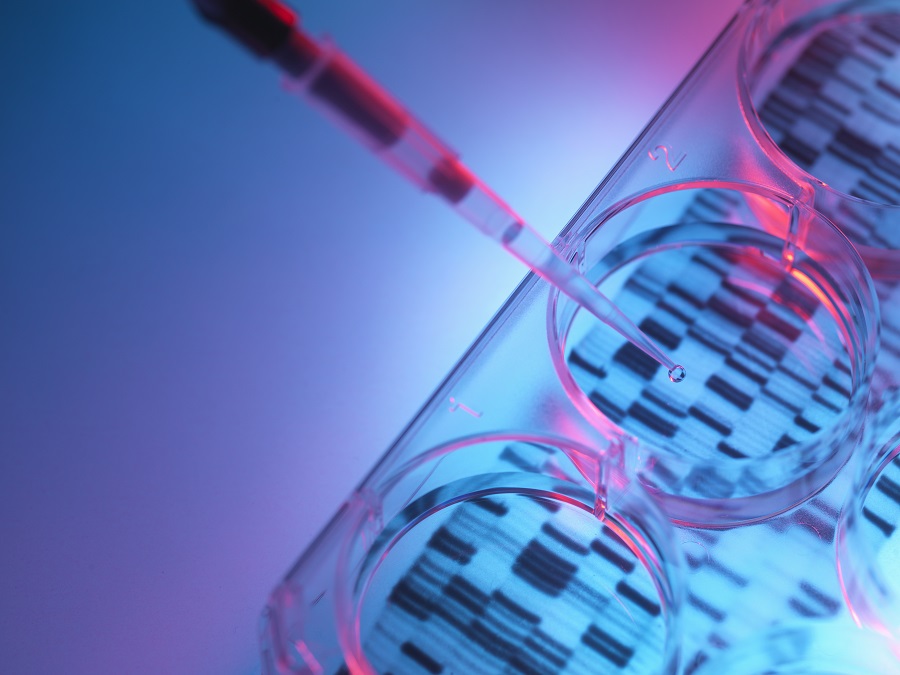- Community & News
- Conditions & Care
- Orthopedics
- Patient Stories
- Service Line
- Treatments
Assessing Genetic Risk for Heart Disease has Never Been Easier!

Approximately 1 in 200 people carry mutations in their genetic code that increases their likelihood to develop heart disease. Most people do not know they are at risk due to a lack of symptoms, leaving them susceptible to potentially serious conditions with no way to protect themselves.
Luckily, genetic testing has allowed individuals the opportunity to find out their risk for these potential complications early, hopefully mitigating the most serious consequences or even avoiding issues altogether.
The goal of genetic testing, otherwise known as precision medicine, is to use someone’s genetics to understand their risk of developing a particular disease or condition. A doctor can use the results of genetic testing to change medication, recommend certain screenings, discuss preventative surgery, and more. Knowing your genetic risk could even prevent heart failure or sudden cardiac arrest.
Heart conditions can often be hereditary and run in families, so any information learned in these tests can also be helpful for family members of those who get tested. Genetic testing can allow relatives to know if they are at risk of heart disease and allow them to take initiative to keep themselves heart healthy.
“Using genetic information in cardiology has become standard of care and is now performed on a regular basis,” says TriHealth Licensed Genetic Counselor Annelise Page, MS, MA. “We have access to this technology that can empower patients to be proactive about their heart health and prevent serious conditions.”
So much more than just a simple blood panel, precision cardiology involves complicated testing. Certified genetic counselors are trained healthcare professionals who specialize in medical genetics, and they are happy to help patients through the process. These genetic counselors specialize in various areas, including inherited heart disease.
“The best part of my job is building the relationships that I have with families who are at risk for inherited heart disease,” says Page. “I care deeply about making the genetic testing process as smooth as possible for a family, because learning this information can be overwhelming.”
Although many assume genetic testing is a vastly expensive service that costs thousands of dollars, insurance typically covers much of the testing, and most individuals pay less than $250 out of pocket. Patients are also protected from genetic discrimination from their health insurance because of a federal law called “Genetic Information Nondiscrimination Act” (2008).
When it comes to your heart health, set yourself up for success by learning about your family history and having genetic testing done today! Learn more here.
Related Articles
- Conditions & Care
- Pediatrics
- Primary Care
- Service Line
- Treatments